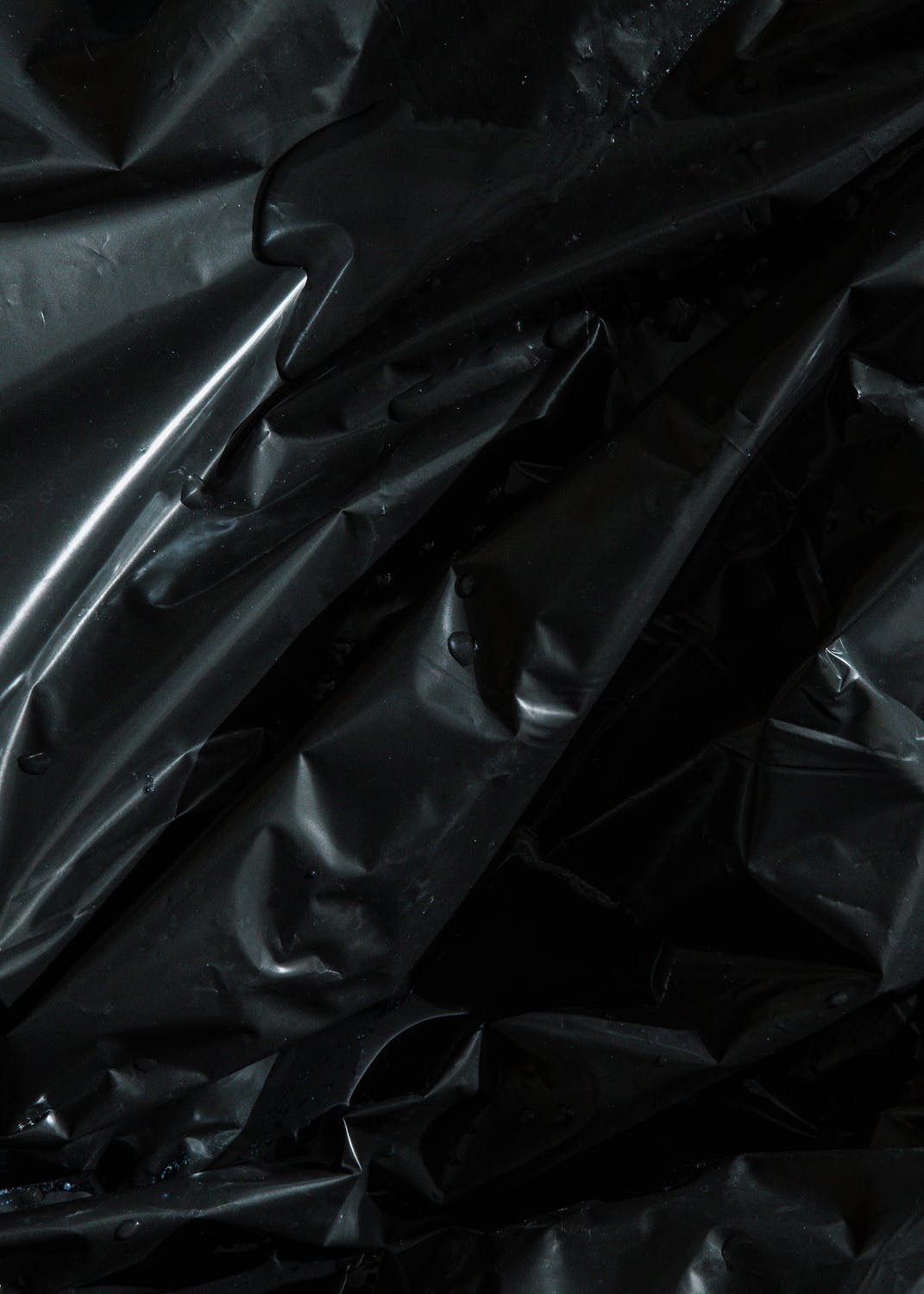In this episode of the IB Journal, on the occasion of the International Day Against Plastic Bags, we reflect on the good reasons (even poetic) to abandon them.
And to think that it all came about to save the elephants…
You can learn about it in Filippo Solibello’s Stop plastica a mare (Stop Plastic At Sea). Plastic was patented by John Wesley Hyatt in 1869 after winning a competition set up by the largest American manufacturer of billiard balls to invent an alternative material to ivory. At the time it was called Celluloid and was considered a technical miracle. And it still is. But there are two problems. First: half of the world’s plastic has been manufactured in the last fifteen years. Second: the span of time for plastic to go from active to passive is centuries. Just think about using a bottle of water on a hot August day: if it ends up as litter, it will still be there sullying the land our great-grandchildren will inhabit.
So then let’s ban plastic!
Sometimes the solution is simple. In 2006 Italy was one of the first to navigate the jungle of “bio” and “degradable” regulations for supermarket plastic bags. Starting on January 1, 2020, we also banned all microplastics in cosmetics which is no small thing, given that we produce more than 50% of the total, and we are setting an ecological example for other big beauty brands. So it’s understandable that on 3 July, International Plastic Bag Free Day – the annual event dedicated to living without plastic bags – we celebrated in Italy a little more spontaneously than elsewhere. And other long-term initiatives like Ban the Bag or Solibello’s book, SPAM. 30 piccoli gesti per salvare il mondo dalla plastica (SPAM. 30 Small Gestures To Save The World From Plastic) are equally effective reminders.
As always, there is also a poetic reason.
In addition to marring the beauty of our landscapes and harming the food chain (non-recycled bags break down in nature and many animals end up consuming them), our own freedom is undermined. Are we sure we want to transport those painstakingly chosen purchases in such oppressive containers? Containers always affect the things carried inside (though that might be more difficult to surmise in the supermarket). Otherwise why would we buy an Il Bisonte bag?
